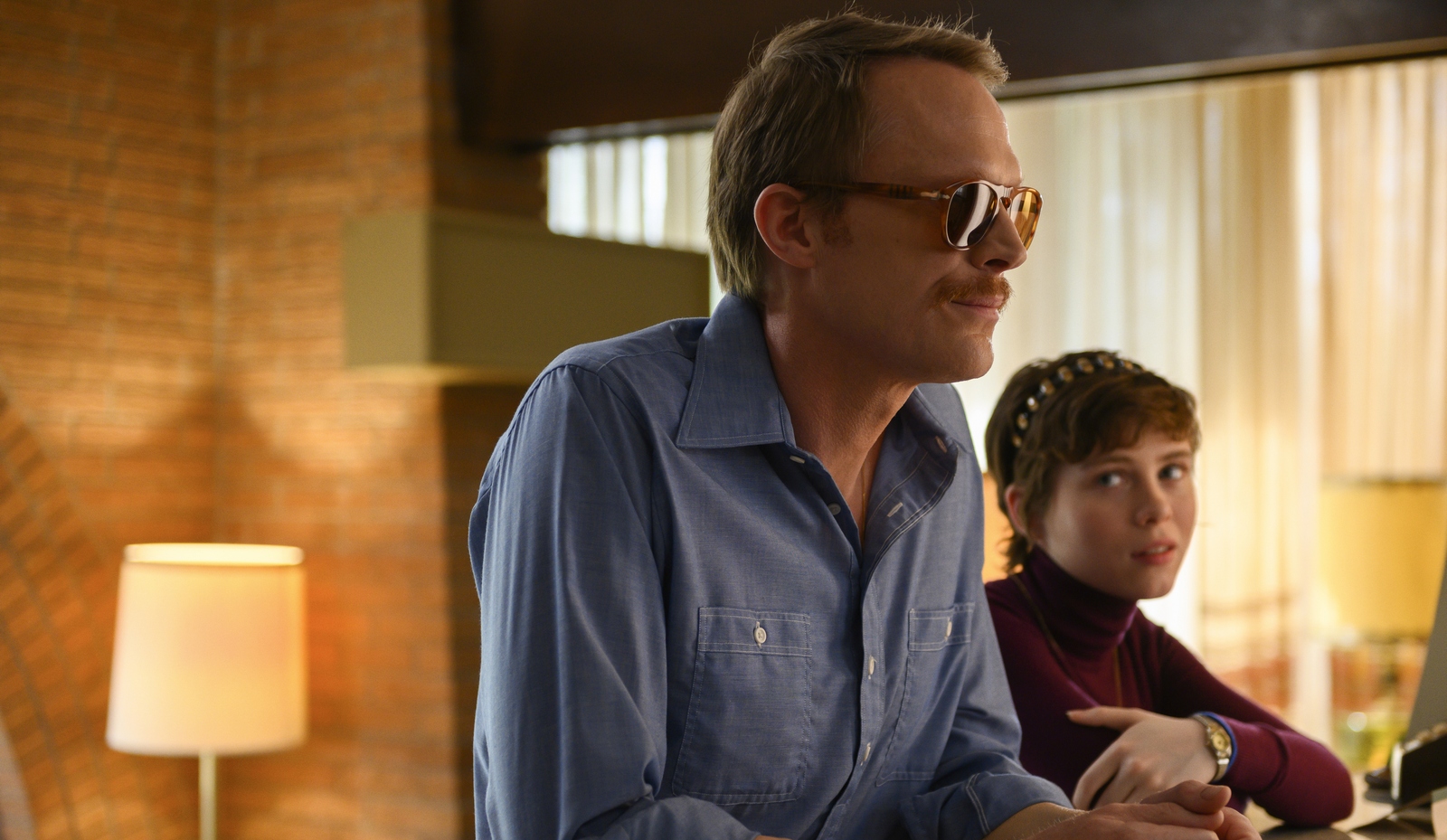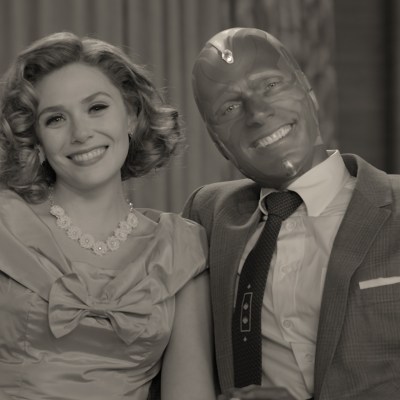Many of us have or had an Uncle Frank in our lives. Mine was my cousin Bobby, who lived with his mother (my great-aunt) in the downstairs apartment of our brownstone in Brooklyn. I lived there too for a while, on the top floor with my mom and grandparents. Bobby was a school teacher, well educated, and one of the voices of calm and reason in our otherwise highly emotional, often high-strung family.
Bobby taught me about opera and certain types of pop music whenever I used to stop by and see him as a kid, and he also introduced me to the idea of appreciating art, film, and literature. I didn’t quite realize it at the time, but Bobby certainly taught me the importance of education, culture, and, to some extent, critical thinking.
I also didn’t realize at the time that Bobby was, for lack of a better word, different. He was gay, of course, but my family–old-school Italian Catholics–didn’t speak of it. No one wondered out loud why Bobby lived at home or never got married. He was unquestionably loved, but he was always at a slight remove from the rest of the clan. And when he died at age 47 in 1995 from complications related to AIDS, no one spoke out loud about that either.
He and I were estranged for a while as adults because of reasons that had nothing to do with any of this, and I regret that we weren’t as close in later years. But seeing the movie Uncle Frank has made me think about my cousin, miss him a bit, and want to thank him for the way he patiently spent time with me and taught me things I might not have otherwise known.
That’s the best part of Uncle Frank: the relationship between the title character (Paul Bettany) and his niece Beth (Sophia Lillis, It), who has always admired her worldly uncle but has never quite understood why he moved so far away from their South Carolina family–all the way to New York City where he’s a literature professor at New York University circa 1973.
It’s only when Beth herself leaves home to attend NYU that she learns the secret he has kept from the family for years–a secret that finally comes out to his semi-estranged family when both he and Beth return home for the funeral of Frank’s father and Beth’s grandfather (Stephen Root), the person at the heart of Frank’s separation from the rest of the Bledsoes.
Six Feet Under and True Blood creator Alan Ball wrote and directed this intimate comedy/drama/road movie, in which fantastic work by Bettany, Lillis (who we believe has an Oscar in her future as her young career moves forward) and Peter Macdissi as Frank’s longtime partner Wally (Walid) make up for the pre-programmed feel of Ball’s script.
Macdissi’s compassion, along with Bettany’s dignity and humanity, add a most welcome emotional heft to the story, which does a lot more to flesh out its leads than the family to which Bettany’s Frank must reluctantly return. But even they have a hard time riding the waves of histrionics during the film’s third act, in which confession after confession is followed by hugs and forgiveness in overwrought yet still oddly rote fashion.
Read more
There are plenty of grace notes throughout the film, such as Beth’s unconditional acceptance of her uncle’s sexuality (he actually enlists a friend to pose as his Jewish girlfriend when family members come to visit New York), and Wally’s heartbreaking phone call home to his mother in Saudi Arabia, whom he can never, ever come out to. But then there are the Green Book-like episodes in which Frank, Beth, and Wally (who finds a way to hop on the trip against Frank’s wishes) avoid running into bigotry as they drive into the Deep South, which seem more like plot points that Ball felt obligated to check off on a list.
Even with its eventual descent into mawkishness, Uncle Frank is engaging enough thanks to its trio of leads, and there are enough breezily humorous and humane moments to offset the turgidly predictable plot points later on. It may not be an especially deep movie (Ball might need the larger canvas of episodic television for his best work), but its heart is always in the right place.
More importantly (at least to me), Uncle Frank brought back thoughts of my cousin, 25 years in his grave. It made me reflect on what he went through when he was a younger man, back in the 1970s and ‘80s when working-class Brooklyn was not exactly a progressive haven. It made me wonder how he navigated a society in which he probably had to conceal his own identity from not just those around him, but a family that loved him dearly–yet also quietly stopped short of fully embracing who he was.
Uncle Frank premieres on Amazon Prime Video on Nov. 25.


